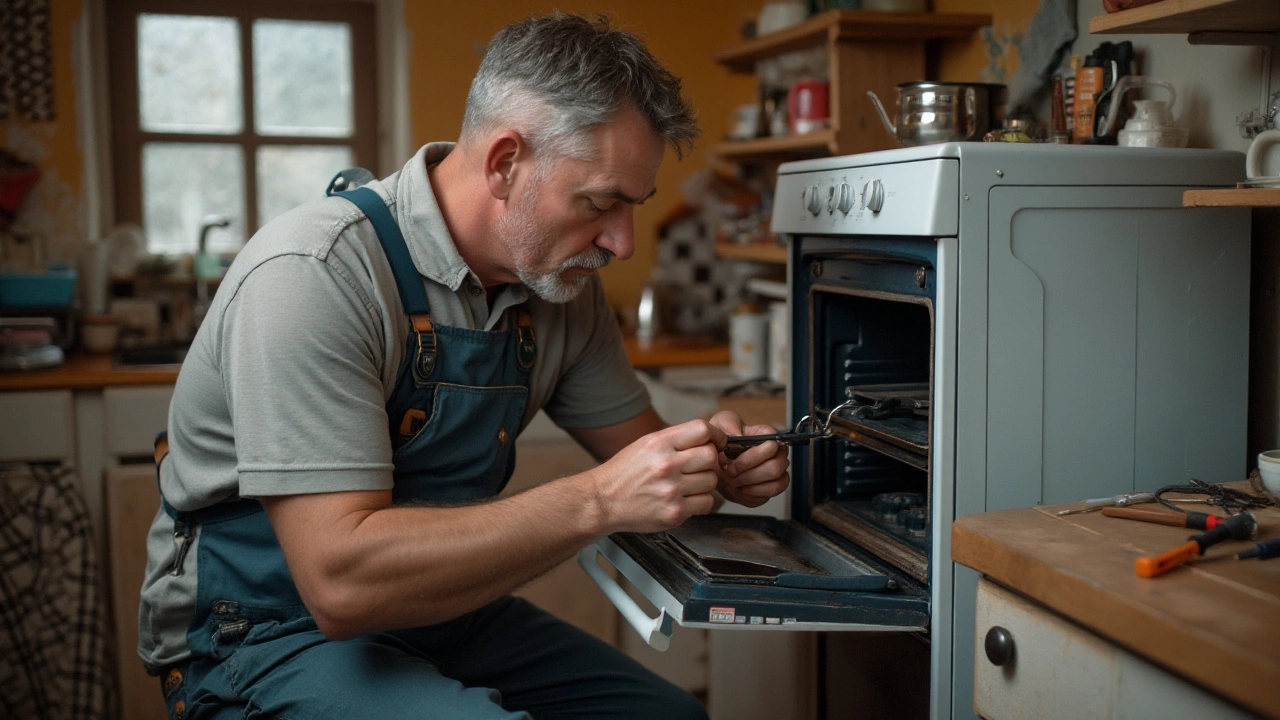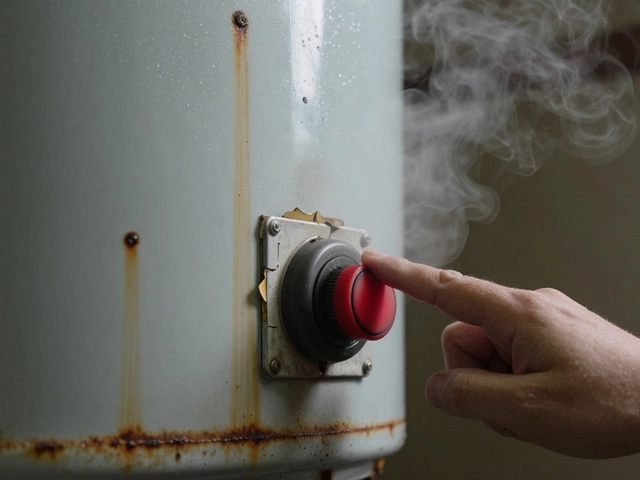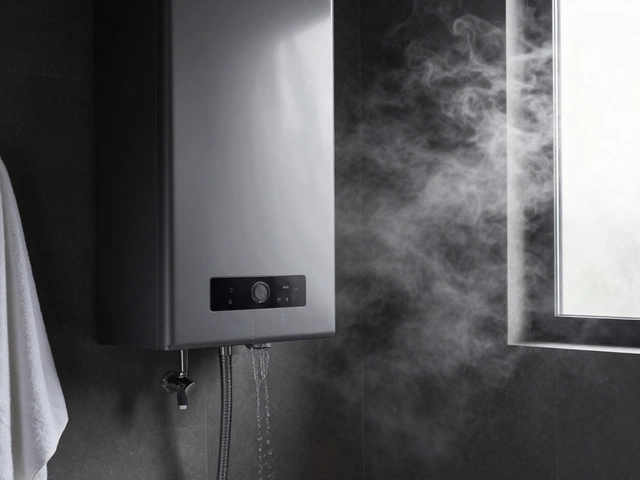Electric Oven Tips: Simple Ways to Keep Your Oven Running Smoothly
If your oven is acting up, you don’t have to call a pro right away. Most problems are caused by a dirty interior, a faulty heating element, or a mis‑set temperature. Below are practical steps you can take today to fix common issues and stretch the life of your electric oven.
Quick cleaning hacks that make a big difference
Food splatter and grease build‑up act like insulation, so the oven works harder and takes longer to heat. Wait for the oven to cool, then spray a mixture of water and a few drops of dish soap on the interior walls. Wipe with a soft cloth and let it dry. For tough baked‑on spots, make a paste of baking soda and water, apply it, and let it sit for 20 minutes before scrubbing gently.
Don’t forget the door gasket. A warped gasket lets heat escape and can cause uneven cooking. Check it for cracks, and if it looks worn, replace it – most stores sell a universal gasket for under £15.
Troubleshooting the most common oven problems
Oven won’t heat. First, turn the oven off and unplug it for a minute. Check the heating element – it should glow red when you set the oven to bake. If it stays dark, the element may be burnt out. Replace it using the steps in our "Oven Heating Element Replacement Cost" guide.
Temperature is off. Use an oven thermometer to see if the displayed temperature matches reality. If the oven is consistently high or low, the thermostat or the control board could be at fault. Our article "Oven Control Board Problems" explains how to spot a bad board and when to call a technician.
Odd smells or smoke. This usually means food residue is burning. Clean the interior thoroughly, and check the vent for blockages. If the smell persists after cleaning, a failing heating element may be overheating – replace it promptly to avoid fire risk.
Regular maintenance can prevent most of these headaches. Run a self‑clean cycle (if your model has one) once a year, but always follow the manufacturer’s instructions to avoid overheating the wiring.
Beyond daily care, think about the oven’s lifespan. Most electric ovens last 15‑20 years with proper upkeep. When you hit the 20‑year mark, weigh repair costs against buying a new, energy‑efficient model. Our "Can an Oven Last 20 Years?" piece breaks down the factors that affect longevity.
In short, a clean interior, a quick check of the heating element, and a simple temperature test cover the majority of issues homeowners face. Keep these tips handy, and you’ll save time, money, and the hassle of unnecessary service calls.
DIY Electric Oven Repair: Tips & Tricks for Fixing Common Issues
- Alden Wilder
- Dec 5 2024
- 0 Comments
Repairing your own electric oven can seem daunting, but with the right guidance, it's entirely possible. This article explores common issues such as faulty heating elements and malfunctioning thermostats, while offering practical advice on diagnosing and fixing these problems. Learn about essential tools, safety measures, and when it's best to call a professional. Take control of your kitchen repairs and save on costly service calls.
View More

